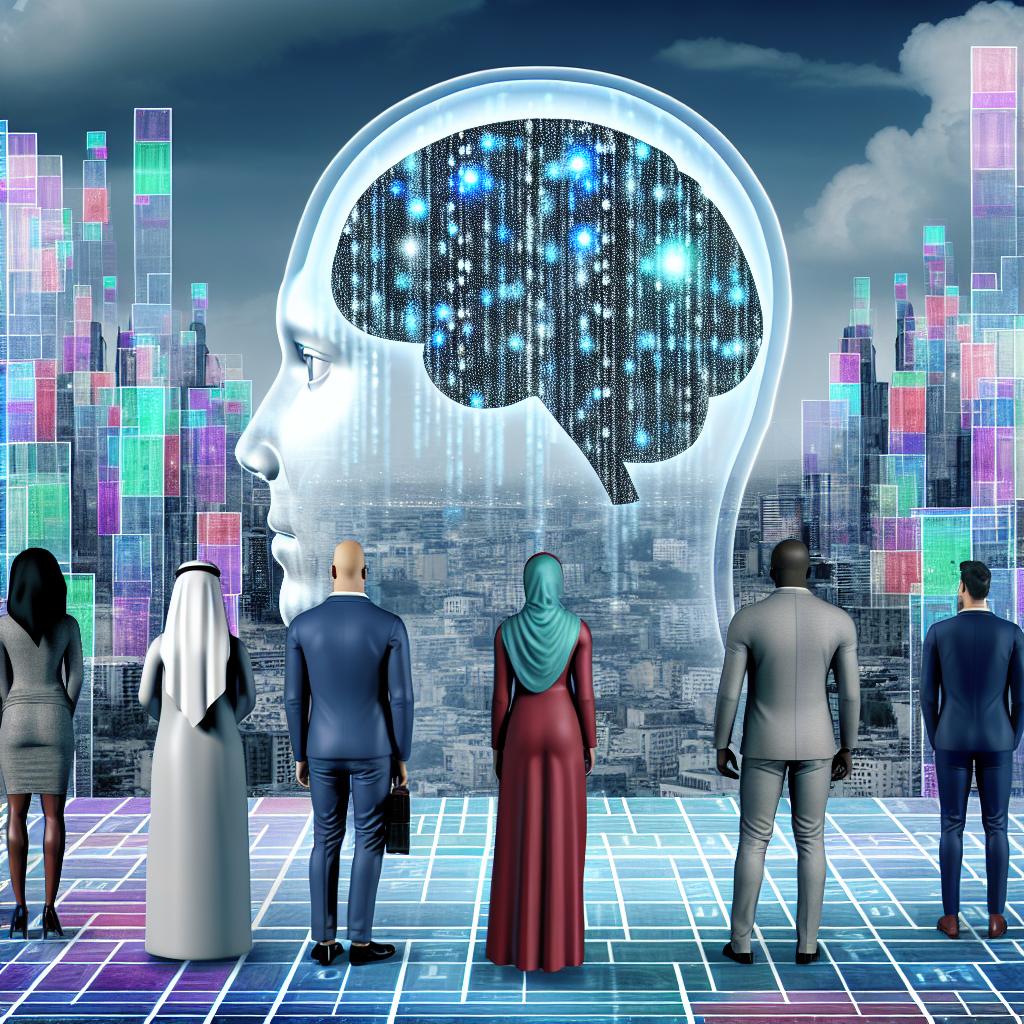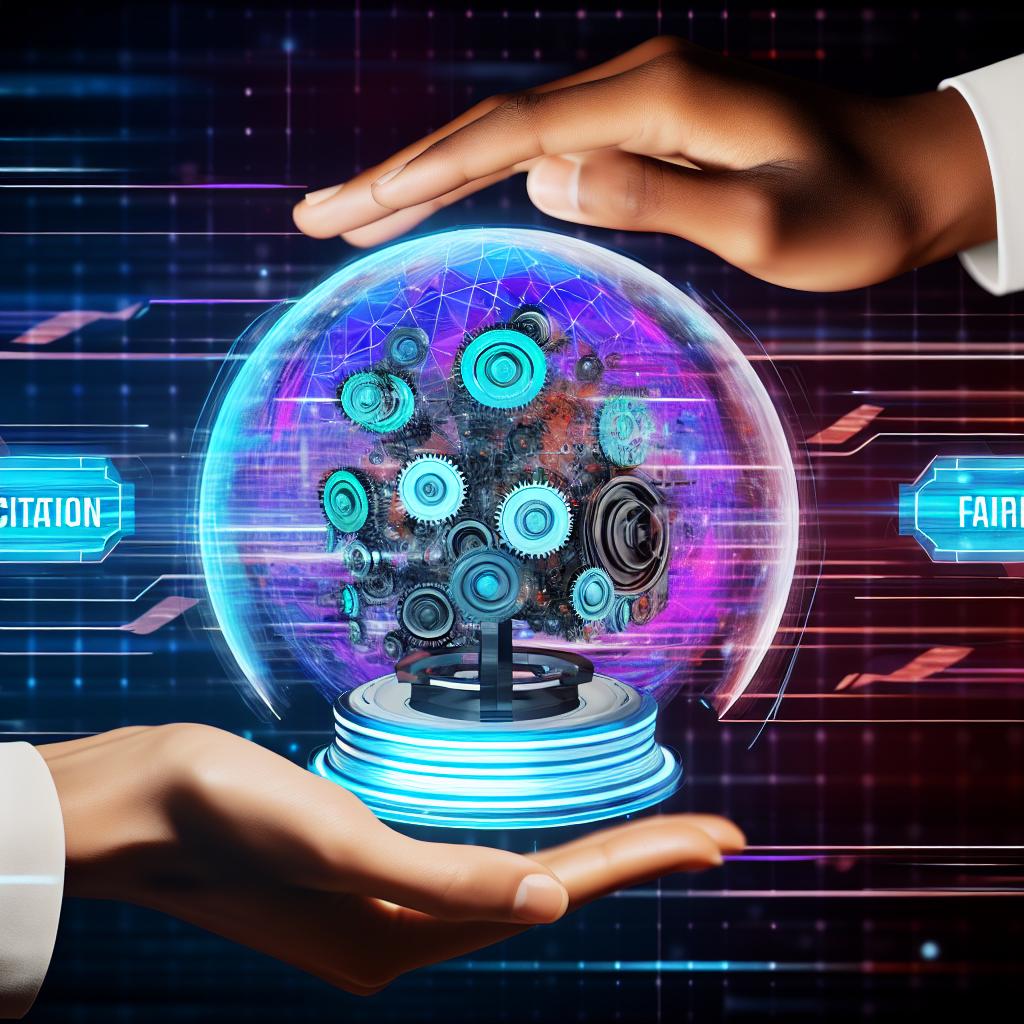In a world where technology continues to advance at an unprecedented pace, one topic that has captivated the minds of both experts and everyday individuals alike is artificial intelligence. From autonomous vehicles to virtual assistants, AI technology has permeated virtually every aspect of our lives, presenting us with both incredible opportunities and potential challenges. How exactly does artificial intelligence work, and what does the future hold for this rapidly evolving field? Let’s delve into the fascinating world of AI and explore its impact on society, economy, and beyond.
Heading 1: The Ethical Implications of Artificial Intelligence in Society
In today’s society, the rise of artificial intelligence has brought about a myriad of ethical implications that we must carefully consider. One major concern is the potential bias present in AI algorithms, which can perpetuate existing inequalities and discrimination. Moreover, the lack of transparency in AI decision-making processes can make it difficult to hold developers and companies accountable for their creations. On a more philosophical level, questions surrounding the implications of AI on human creativity and autonomy have also come to the forefront. As we continue to integrate AI into various aspects of our lives, it is imperative that we address these ethical dilemmas head-on to ensure a fair and just society for all.

Heading 2: Implementing Bias Mitigation Strategies in AI Systems
Implementing bias mitigation strategies in AI systems is crucial for ensuring fairness and equality in the technologies we use daily. By actively working to identify and address biases within these systems, we can help prevent discrimination and promote inclusivity. Some effective strategies to mitigate bias in AI systems include:
- Regularly auditing algorithms for biases
- Diversifying the data used for training AI models
- Engaging with diverse stakeholders during the development process
- Implementing transparency measures to explain AI decision-making
The Way Forward
As we delve deeper into the realm of artificial intelligence, we are constantly pushing the boundaries of what is possible. From enhancing our daily lives to revolutionizing entire industries, the potential for AI seems limitless. As we continue to explore and innovate, it is important to always consider the ethical implications and ensure that AI is used for the betterment of humanity. With a balance of ingenuity and responsibility, we can harness the power of artificial intelligence to shape a brighter future for all.







